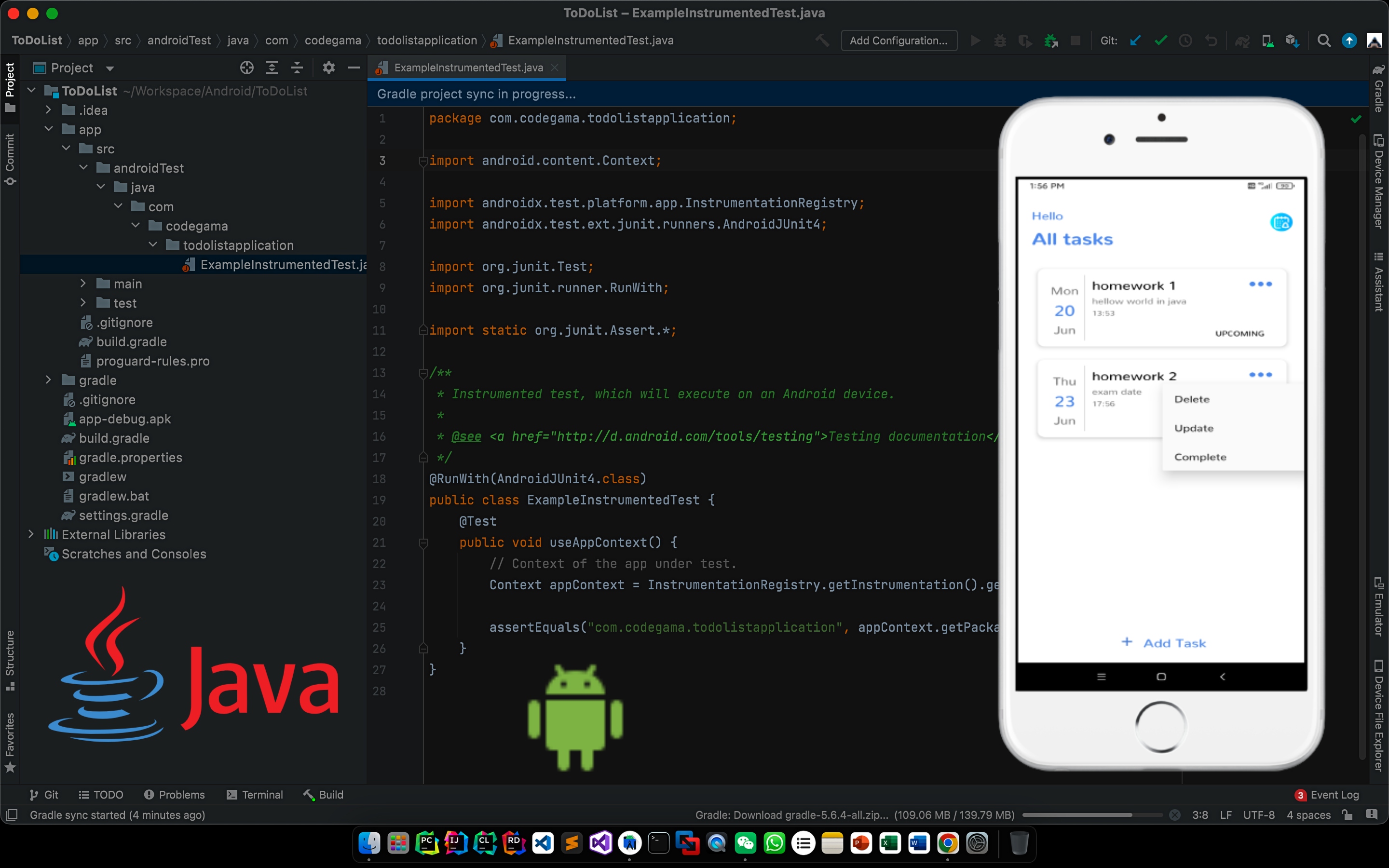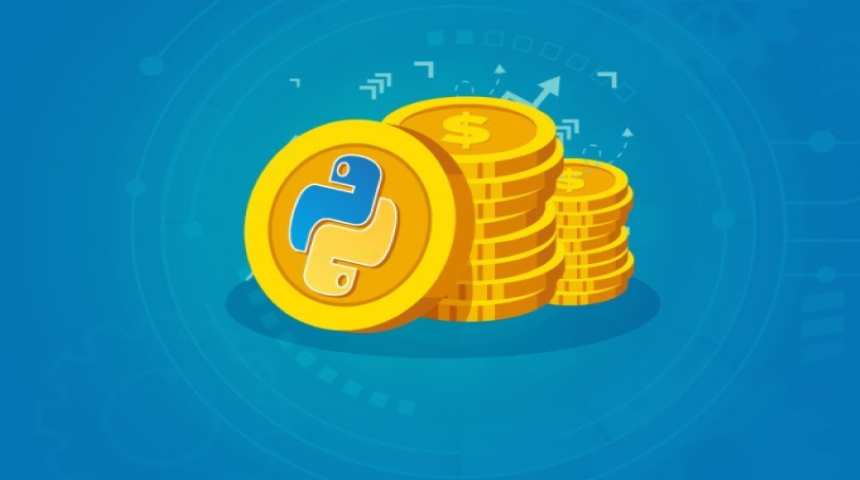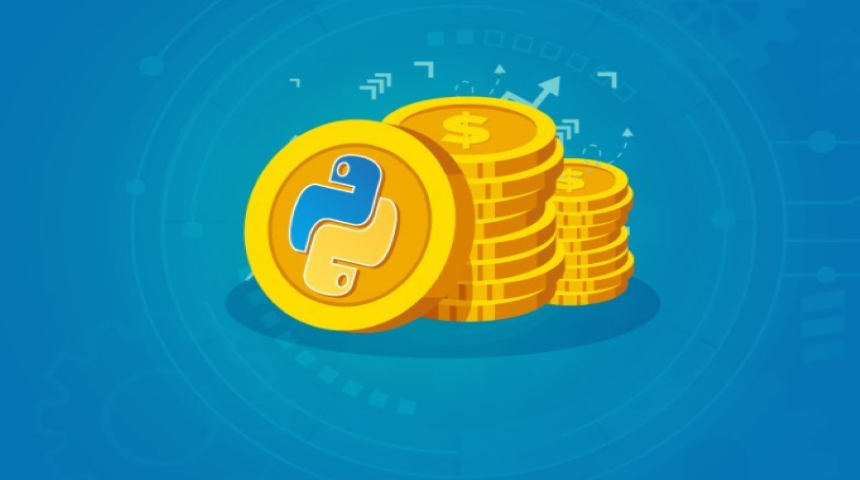Best Java Roadmap for Beginners
Java is one of the top programming languages in this era and today we will discuss Java Roadmap for Beginners
Java is one of the top programming languages in this era and today we will discuss Java Roadmap for Beginners. Because of Java’s robustness, ease of use, cross-platform capabilities, and security features, it has become a language of choice for providing worldwide Internet solutions.
This article discusses the path for beginners to master Java. Let’s discuss foundations first.
What is Java and why it is important?
Java is a widely used programming language released by Sun Microsystems in 1995. It is a multi-platform, object-oriented, network-centric, fast, and secure programming language. Java is powerful and it is suitable for everything — from mobile apps to software for big serverside applications.
Java is one of the popular programming languages currently because of its ease. It has inbuilt libraries and functions, and also it supports high-quality development tools. It is completely secure and most important it is platform-independent.
Java has numerous career opportunities and the IT sector is highly reliant on Java. Because of its extensibility, Java finds its use in most complex applications and hence, Java is one of the choices for the current growing industry.
One of the major plus points of Java is that there are a lot of learning resources available for it. Java’s documentation, books, and various available courses make the language more understandable.
Java Roadmap for Beginners
Undoubtedly, Java is vast, but, there is never a wrong time to start learning it, given below is a recommended Java Roadmap for Beginners.
- What is Java: Overview, Importance, Features, and Applications: Before starting with any programming language, it is good to look for its importance and history. The overview really gives you that start to learn Java. Click here to check out Wikipedia on Java.
- Installation of Java: JRE, JDK and JVM:
Learn how to install Java and also get brief details about what exactly Java Runtime Environment, Java Development Key, and Java Virtual Machine are. Click here to know how to set up Java from scratch. Learn about JRE, JDK, and JVM here. - Know the basic structure of a Java program:
Java is an object-oriented language. It has classes and code is written inside them. Learn the basic syntax of the main class in Java. Click here to know the structure of Java. - Write your first code: “Hello World!”:
Try to print “Hello World!” in Java with its different print functions. Click here to know how to write your first program in Java. - Datatypes, Literals, and Variables and Keywords:
Learn different types of datatypes in Java and their size. Learn about variables and their nomenclature. Focus on literals in Java. Learn what are keywords in Java and can we use them as variable names. - Expressions and Operators:
It is important to learn expressions and different types of operators like arithmetic, relational, logical, bitwise, increment, and decrement operators. Implement these operators in expressions and learn about their associativity. - Conditional and Looping Statements:
Java supports conditional statements — if, else, else if and looping statements — for, while, do while. Learn these statements with hands-on practice. There are a lot of coding questions available to implement these statements, for eg. finding leap year or adding numbers up to a certain number, etc. - Input and Output:
It is important to learn how to take user inputs in different ways. Practice how to take an integer or float or string input. Also, learn about the variety of print functions Java supports. - Arrays:
An array is a collection of similar data items. A lot of operations can be performed on this data structure. Learn how arrays are implemented in Java and practice a lot of problems over it. Also, implement 2D arrays. - Strings:
A string is another data structure. A string is nothing but a collection of characters. Like an array, a string supports a number of operations. Know how to deal with strings in Java. - Methods:
A method is a collection of statements used to perform a certain task. Learn how to create user define methods. Try various combinations of methods like returnable, non-returnable, methods with arguments, and methods without arguments. - Object-Oriented Programming Concepts:
Java is purely an object-oriented programming language. This is the most important thing to learn as overall Java relays on these. In almost all of the applications created by Java, object-oriented programming concepts are used. Learn what is classes and objects and how to create them. - Polymorphism:
Polymorphism is the ability to take many forms. Know about run time and compile time polymorphism in Java. Learn what is overriding and overloading. - Inheritance:
Inheritance is a concept where one class acquires properties of another class. Learn different types of inheritances supported by Java and how to implement them. - Abstract Classes:
An abstract class is a restricted class that can not have any objects. Know what are those and how to create them. - Interfaces:
An interface in Java is used to achieve abstraction. Know how to create interfaces and learn them thoroughly. - Static and Final Keyword:
Static and Final are two keywords in Java. Study their use in various ways. - Errors and Exception Handling:
Exceptions occur when a run-time error occurs, for eg. dividing by zero. Java supports trying and catch blocks to handle such exceptions. It is recommended to study error handling in Java. - Java Packages:
A Java package is a group of similar types of classes, interfaces, and sub-packages. Learn what are the most commonly used packages in Java and how to import and use them. - Applet:
An applet is a special type of program that generates dynamic content. It runs inside the browser and works on the client side. - File Handling:
Java provides different Streams with its I/O package that performs input-output operations. Study about what streams are, InputStream and OutputStream, FileInput Streams, Buffered Streams, etc. - Collections:
Collections are groupings of similar objects or simply some defined data structures. Learn about hashmaps, lists, sets, tree sets, bitsets, etc. - Databases:
Java supports a JDBC i.e. Java Database Connectivity which is an API in Java to connect with other databases. Learn about JDBC, how to connect it with a database, and run various DML and DDL commands. - Java 8:
Java 8 is one of the updated versions of Java programming. Features of Java 8 like lambda expressions, functional interfaces, and Date Time API are the most important to learn.
These concepts form a firm understanding of Java. This is everything for core Java. A beginner must learn these concepts. To become a Java developer, it is very crucial to know advanced Java, as the industry is using the utilities in advanced Java.
Bookmark this page for the future before you lost it
Advanced Java Topics:
1. Threads
2. Servlet and JSP
3. Concurrent Programming
4. Garabage Collection
5. Tools like Maven, Gradle, ANT
6. Frameworks like Hibernate, Spring and SpringBoot
7. Servers like Tomcat, WebSphere, Jetty
8. SQL, No SQL, and Oracle
9. Testing
10. Logging
Each of these concepts is vast on its own and they are a must for an aspirant of Java developer. Once you have finished your core Java, you can move ahead with these.
Best websites to learn Java for Beginners:
Best YouTube channels to learn Java for Beginners:
If you are willing to start with Java, start today and remember Practice is key. Don’t just believe in learning these concepts, practice them. Implement them through projects and surely this would be the seeds of your career in Java. Also, bookmark this page for the future before you lost it.
One more video we found good to learn java:
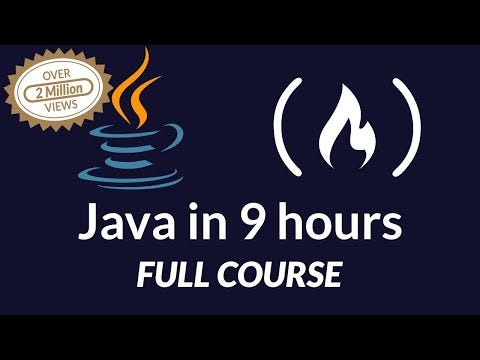
This is a perfect course for beginners and it is absolutely free.
Also, this playlist from Neso academy might help you.
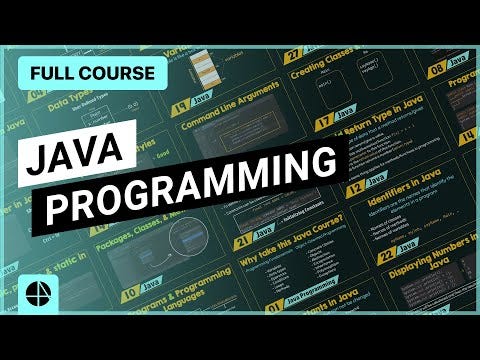
You can easily find courses on platforms like Coursera, Great Learning, and Udemy with certifications too. And documentation of Java is always there to help you. Check that here. We hope you like our post on Java Roadmap for Beginners and get an idea of how to start learning Java.
Remember, practice is the key.

